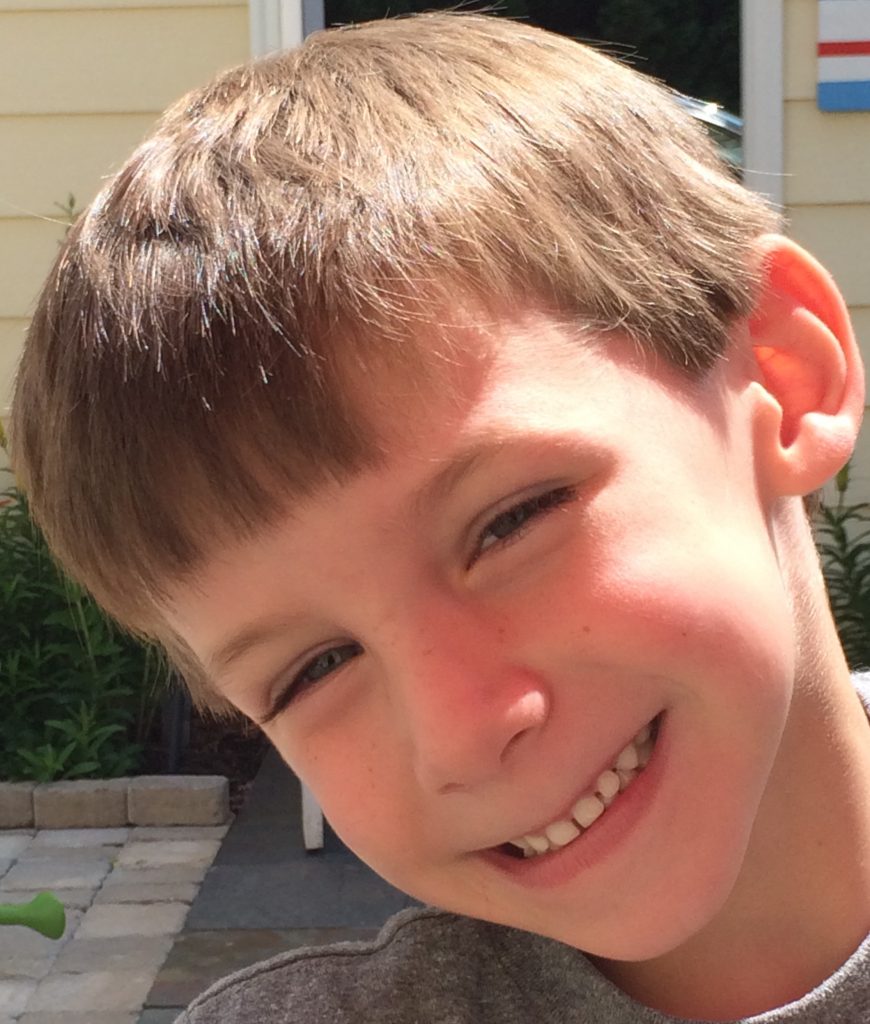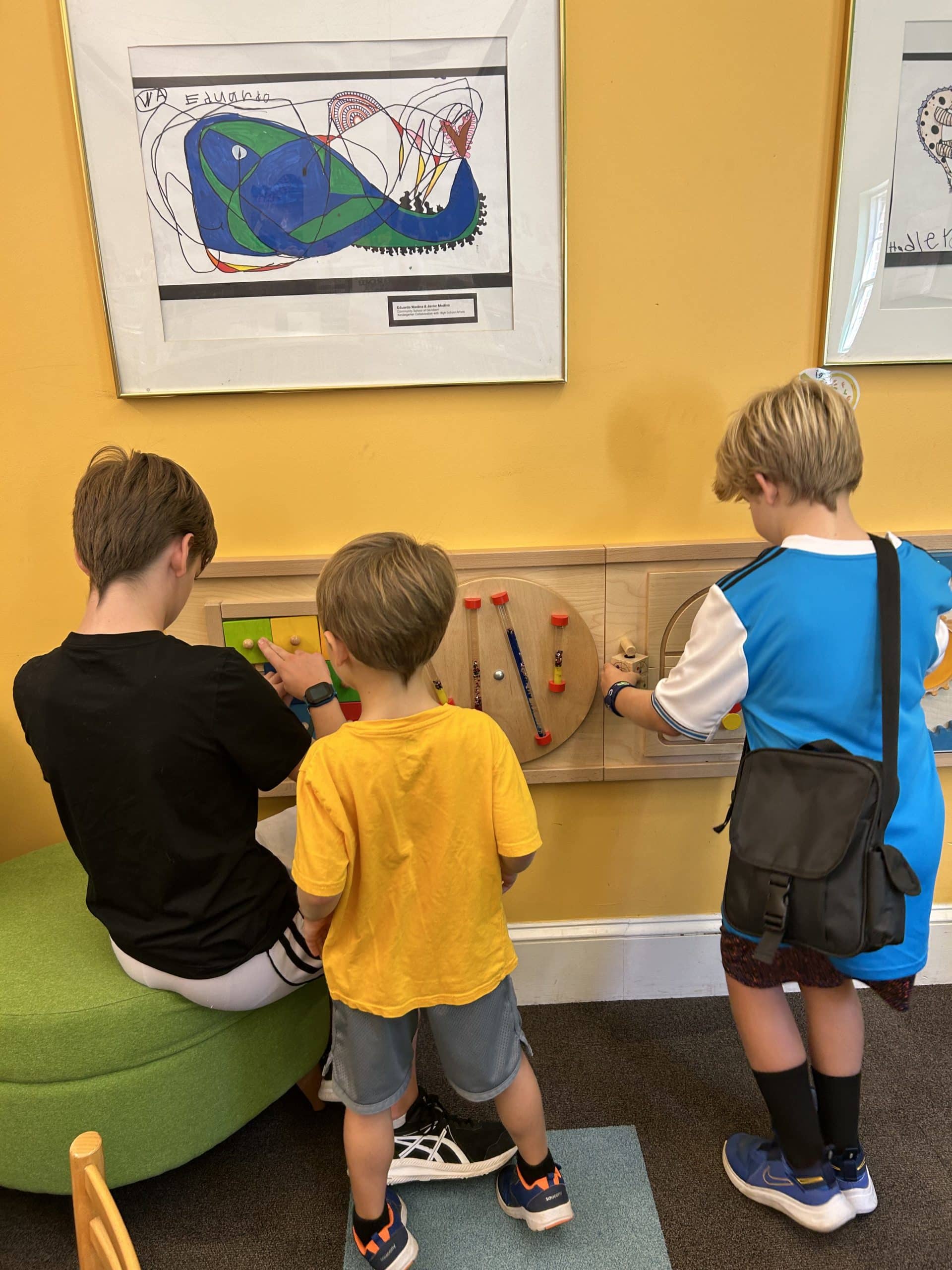Words affect people’s actions. Words have a powerful effect on how people, including students, think, and feel. In short, words matter and they have power. At times, the spoken word is offensive to someone. Vocabulary use either builds relationships or destroys them. Thus, a word may deflate a student or help them to succeed. The spoken word or phrase has the power to excite or inspire a student. Consequently, a simple phrase can provide hope or initiate a specific action to a crowd or a bully.
Words Can Hurt
What is said matters because it expresses emotions. It tells the thoughts and feelings of the person. Individuals interpret what people say in different ways. Thus, the wrong thing said instantly reduces a student’s self-esteem. Consequently, words do not go away after said. They linger in a student’s mind. As hurtful comments are said, amends must be made through apologies or corrections. Additionally, “angry words send alarm messages through the brain, and they partially shut down the logic-and-reasoning centers located in the frontal lobes,” states Dr. Andrew Newberg and Mark Robert Waldman.
Positive Comment
As parents and educators intentionally choose a positive language, at times, takes energy. As said by Dr. Andrew Newberg and Mark Robert Waldman, a simple positive or negative statement has the power to change the brain’s chemistry. They also state that positive remarks strengthen the brain’s frontal lobe. Thereby, resilience and cognition increase.
In difficult times, positive communication is in need. It creates an environment and culture that education, during a pandemic, is necessary by parents, teachers, and students. Students have the ability to read into a person and what is said and how it is presented. The body immediately reacts to another’s actions. So, don’t be a negative person. Don’t hurt others with the use of negative words.




